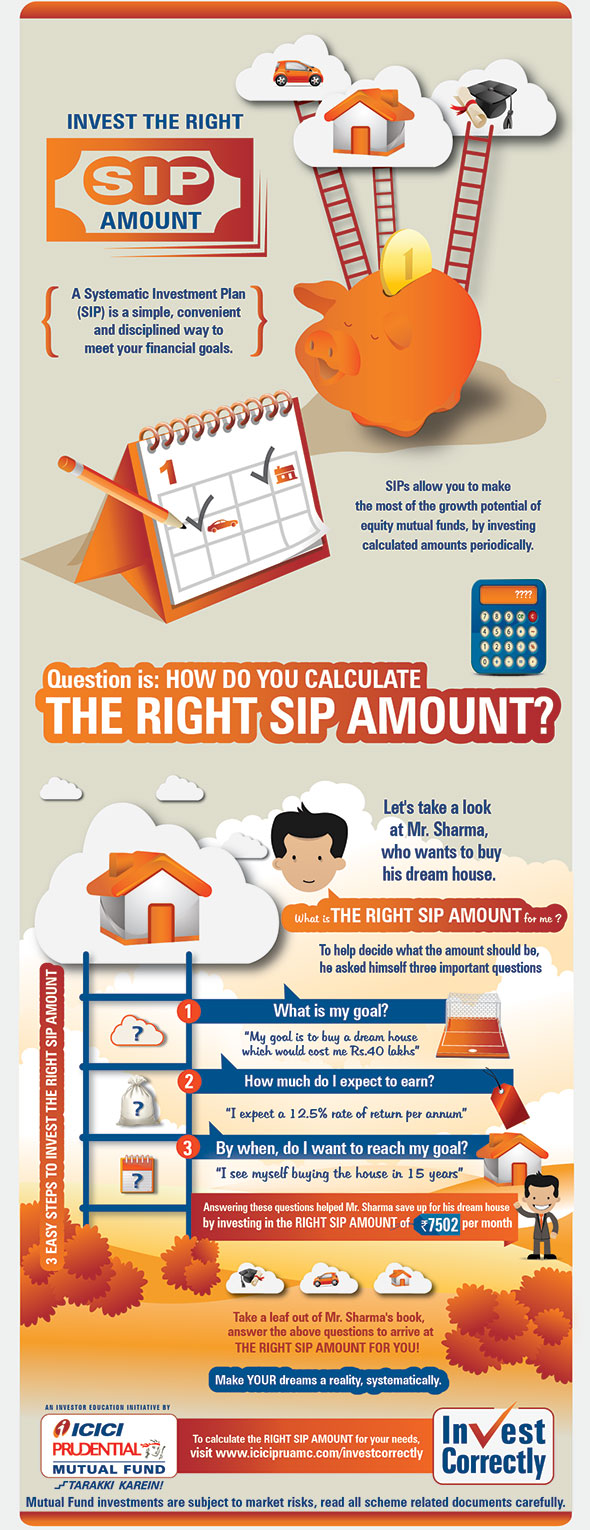Back-Pedaling A Performance Bond Can Have Substantial Financial Consequences.This Can Lead To A Series Of Monetary Effects, Consisting Of:
Back-Pedaling A Performance Bond Can Have Substantial Financial Consequences.This Can Lead To A Series Of Monetary Effects, Consisting Of:
Blog Article
Material Produce By-
When a surety concerns an efficiency bond, it guarantees that the principal (the event who buys the bond) will fulfill their responsibilities under the bond's terms. If the principal fails to fulfill these commitments and defaults on the bond, the surety is accountable for covering any type of losses or problems that result.
1. Loss of track record: Back-pedaling a performance bond can damage the principal's reputation and reliability, making it more difficult to safeguard future organization or financing.
2. Legal and management costs: The guaranty might require to pay lawful and management costs related to seeking the principal for damages or attempting to remedy the situation.
3. Economic losses: The surety might require to cover the cost of finishing the project or giving the solutions that the principal failed to supply. This can cause significant monetary losses for the surety.
4. Raised costs: If the principal has a background of defaulting on efficiency bonds, they might be needed to pay greater premiums in the future to acquire the necessary bonding.
Overall, defaulting on an efficiency bond can have severe monetary repercussions for both the principal and the guaranty. It is necessary for principals to very carefully consider their responsibilities and ensure they have the ability to meet the regards to the bond to prevent these unfavorable results.
Back-pedaling an efficiency bond can be a costly misstep for services. When you fall short to fulfill the bond's responsibilities, the economic repercussions can be significant. From paying the full bond amount to possible lawful battles and harmed partnerships, the consequences can resound throughout your organization procedures. Understanding the detailed internet of financial effects that back-pedaling a performance bond can have is essential for safeguarding your firm's monetary health and credibility.
Financial Penalties for Defaulting
If you back-pedal a performance bond, you'll likely deal with considerable financial penalties. These charges can vary depending on the terms of the bond contract yet frequently entail paying the bond quantity in full to the obligee. This means that if you fall short to accomplish your legal obligations, you have to pay the bond amount to the project proprietor or the entity that needed the bond.
Additionally, you may also be responsible for any type of extra expenses sustained by the obligee because of your default, such as discovering a replacement specialist or covering task delays.
Defaulting on a performance bond can also lead to lawful fees and court prices if the obligee decides to take legal action against you to recoup the bond amount. These expenditures can rapidly add up, more worsening the monetary effect of your default. It's vital to meticulously examine and recognize the terms of the efficiency bond to avoid these severe punitive damages.
Impact on Company Capital
Defaulting on a performance bond can significantly impact your company capital, influencing monetary stability and operational abilities. When you back-pedal an efficiency bond, you risk losing the bond quantity, which can be a considerable sum. This loss directly influences your capital, as you'll need to discover different resources of funding to cover the bond amount. Moreover, defaulting can bring about boosted analysis from sureties, making it harder and extra expensive to secure bonds in the future. This can even more stress your capital as you may require to assign extra resources to fulfill bonding needs.
The impact on your cash flow does not quit there. Back-pedaling an efficiency bond can additionally lead to job hold-ups or terminations, leading to a loss of profits. Additionally, erisa bonds that features failing can discourage possible customers, further lowering your capital. On the whole, defaulting on a performance bond can have harmful effects on your service's monetary wellness and ability to operate efficiently.
Lawful Ramifications and Suits
Dealing with lawful implications and prospective lawsuits due to defaulting on an efficiency bond can dramatically impact your company's track record and financial standing. When you default on a performance bond, the surety firm might take legal action to recover the bond quantity paid. This could lead to costly lawful charges, court costs, and prospective negotiations or judgments versus your business.
Furthermore, back-pedaling an efficiency bond may bring about harmed connections with clients, subcontractors, and suppliers, influencing your ability to secure future contracts. Suits arising from bond defaults can taint your company's reliability in the industry, making it challenging to attract brand-new partners or consumers.
Furthermore, if the default causes a court judgment versus your service, it could cause asset seizure or liens, even more straining your financial stability. Consequently, it's vital to comprehend the legal ramifications of back-pedaling a performance bond and take aggressive actions to alleviate the dangers involved.
Verdict
As you encounter the effects of defaulting on an efficiency bond, remember this: it's like strolling a tightrope without a safeguard. One incorrect action can send you plunging right into an economic freefall, with no means to stop the autumn.
The financial penalties, capital influence, and lawful implications are all waiting to capture you if you blunder. So step meticulously, and always honor just click the following webpage to prevent the extreme effects of default.
